Europe digital editor in Germany
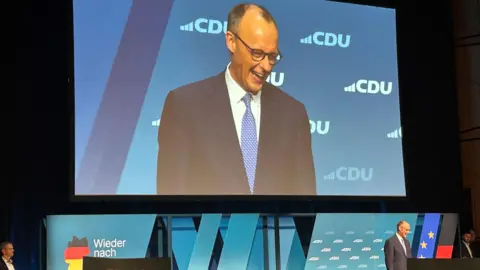 BBC
BBCGermany’s rival political leaders will take their fight for votes right to the last minute in a push that reflects the pivotal nature of Sunday’s election, not just for their country but for Europe as a whole.
Conservative frontrunner Friedrich Merz told supporters that under his leadership, Germany would take responsibility in Europe, and that the far-right Alternative for Germany (AfD) would be consigned to the political margins once more.
He will end his Christian Democrat party’s campaign with a rally in Munich, while his rivals will make a final appeal in a TV “speed-dating” programme with voters.
For months German politics has been paralysed by the collapse of the previous government.
Now, hopes have been raised across Europe that this vote will bring some certainty to the EU’s biggest democracy and its biggest economy, which has struggled to escape from lingering recession.
Nothing will change overnight. No party can govern without forming a coalition, and that will take weeks.
Reviving the economy has been one of the two big issues of the campaign; the other has been migration and security, thrust on Germany’s politicians by a series of deadly attacks since May 2024.
The cities of Mannheim, Solingen, Magdeburg, Aschaffenburg and Munich have all suffered grievous attacks.
All the alleged attackers were immigrants, and the AfD under Alice Weidel has advanced to about 20% in the polls with its nationalist, anti-immigration message.
She has appealed to younger voters on social media, and is far ahead in the race on TikTok, with 866,000 followers. She has also been buoyed by support from both billionaire Elon Musk and US Vice-President JD Vance, who has been accused of meddling in the German campaign.
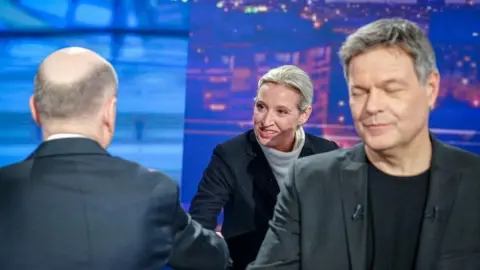 Getty Images
Getty ImagesThe AfD talks of securing Germany’s borders and deporting migrants who came illegally and committed crimes. But she uses the word “remigration” which has also been linked to mass deportations.
In Solingen, where a Syrian was accused of stabbing to death three people last August, hundreds of people turned out on Friday night to speak out against the rise of the far right.
“We have a lot of friends who grew up in Germany whose parents did not,” said one woman called Natalie, 35. “We don’t want anybody to kick them out and we don’t want our borders closed.”
One man called Jochen held up a sign that read “Never Again is Now!”
There was a large police presence at the protest, and a police union spokesman said on Friday there was a risk of attacks aimed at destabilising democracy.
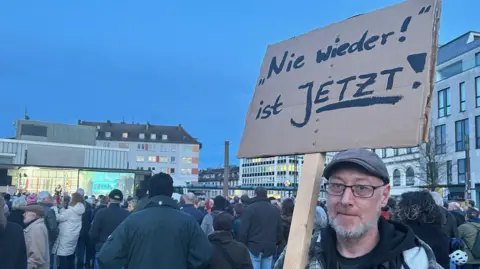
All the mainstream parties have ruled out working with the AfD in government, but if it polls higher than 20% it could double its number of seats to 150 in the 630-seat parliament.
Merz’s most likely partner is Chancellor Olaf Scholz’s Social Democrats, although probably without Scholz himself. The message from his centre-left SPD as the final day of campaigning began was that every vote counts, and if Germans wanted a strong government they needed a strong SPD.
The Social Democrats are languishing in third in the polls, but Scholz is pinning his hopes on an estimated one in five undecided voters who could make a big difference.
Friedrich Merz was in a relaxed and confident mood when he appeared on stage this week in front of 1,200 supporters in the tech-hub city of Darmstadt near Frankfurt. But his message was stark as he turned his thoughts to Donald Trump’s presidency.
One hand in his pocket and the other holding the microphone, he spoke of unprecedented times and a “tectonic shift in the world’s centres of power”.
“A political order is now crumbling. What we have become used to for decades is breaking down.” He was not even sure if the US would join Germany in celebrating the 70th year of its accession to Nato in the summer.
He castigated the outgoing government for failing to take a leading role on the international stage.
“The German government and chancellor must finally take on a leading role in Europe again. If I’m elected I will spend a significant part of my time keeping this European Union together.”
Germans have had almost nightly opportunities to see their political leaders thrash out the big issues in TV debates, and Alice Weidel has been in the thick of them, sharing the stage with both Merz and Scholz.
In the run-up to the vote she met Vice-President JD Vance, who castigated German politicians for raising a “firewall” against the far right and of ignoring “the will of the voters”.
That firewall – brandmauer in German – has held strong since the end of the war, although Merz himself was accused of breaking it when he relied on the support of the AfD last month in a motion on migration.
He has faced demonstrations ever since, and there was a noisy protest when he visited Darmstadt.
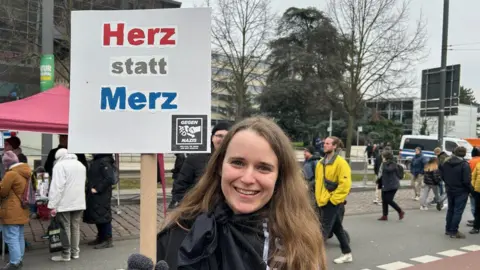
PhD student Annika, 29, held a Herz statt Merz banner – love instead of Merz. “He says he won’t do something with the far-right AfD, but his actions contradict what he says. I don’t trust him at all.”
Merz appears to have been stung by the outcry and has sought to reassure voters there will be “no tolerance, no minority government [with the AfD], nothing at all”.

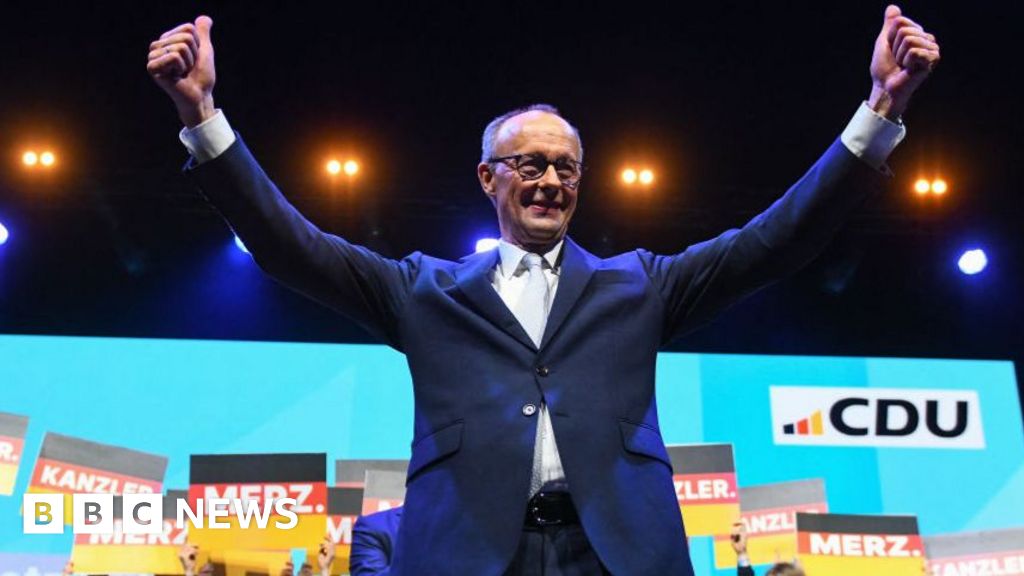

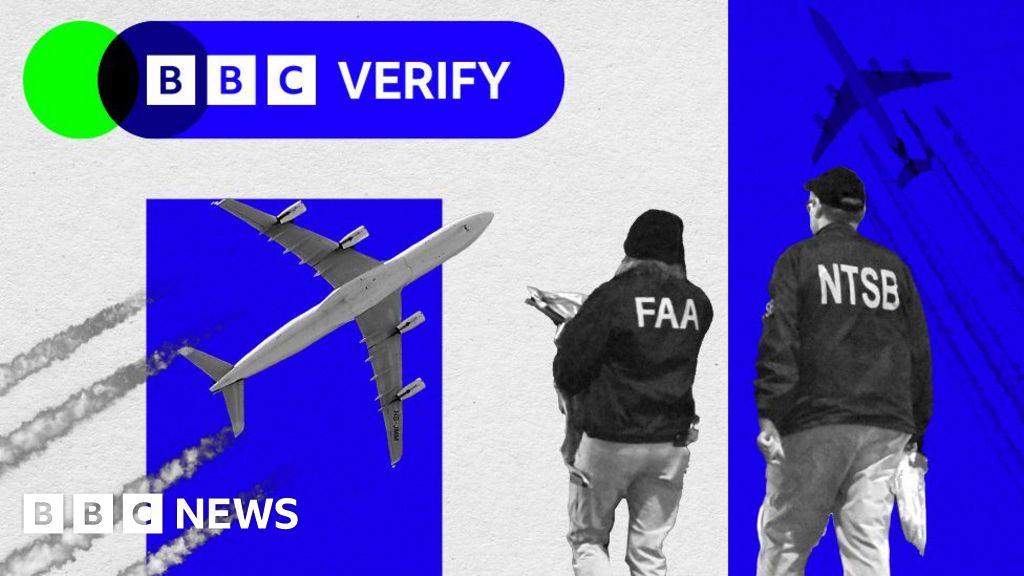
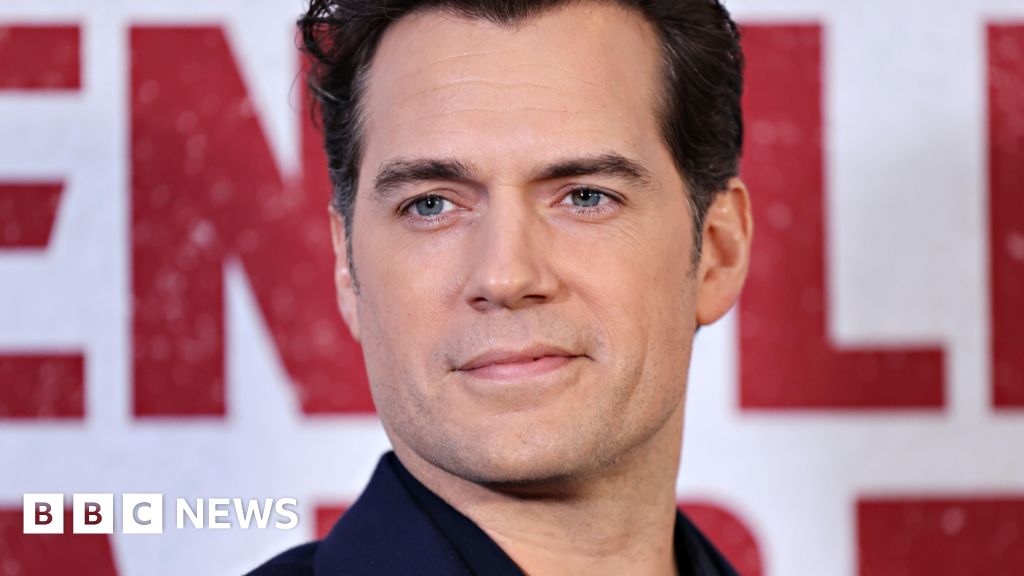
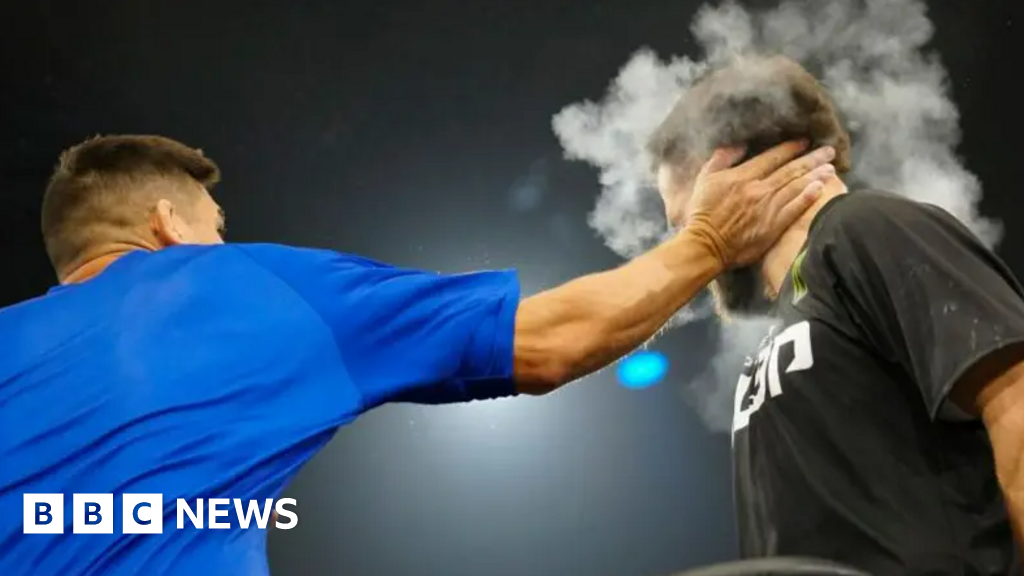
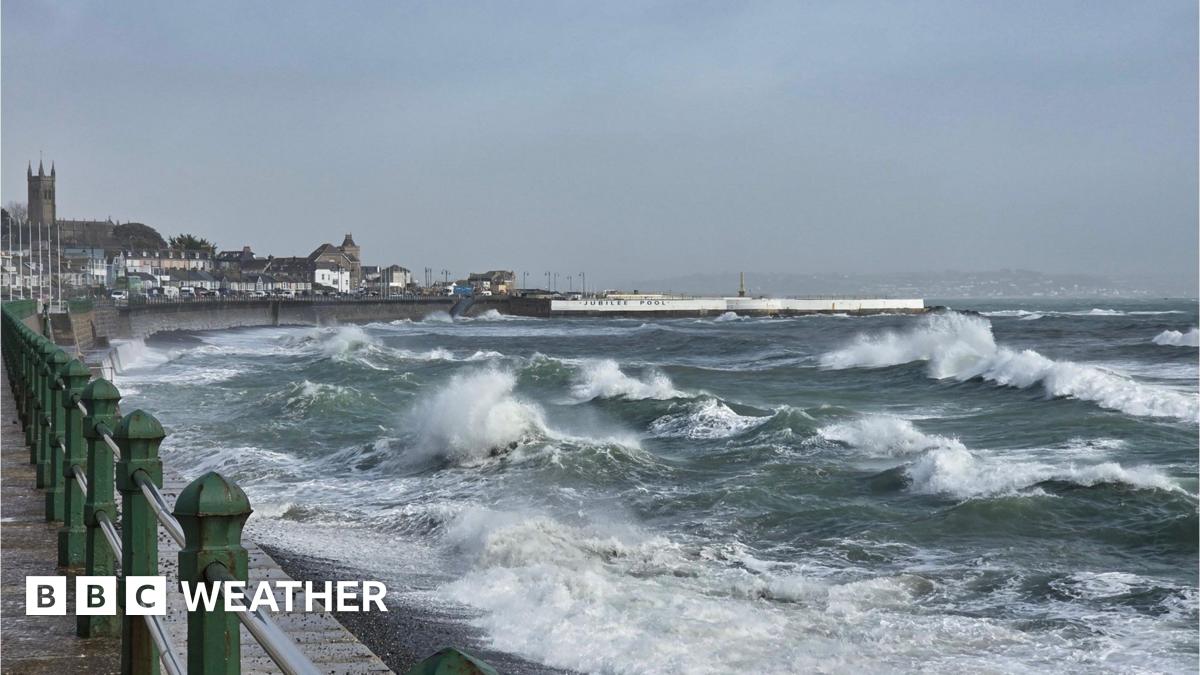
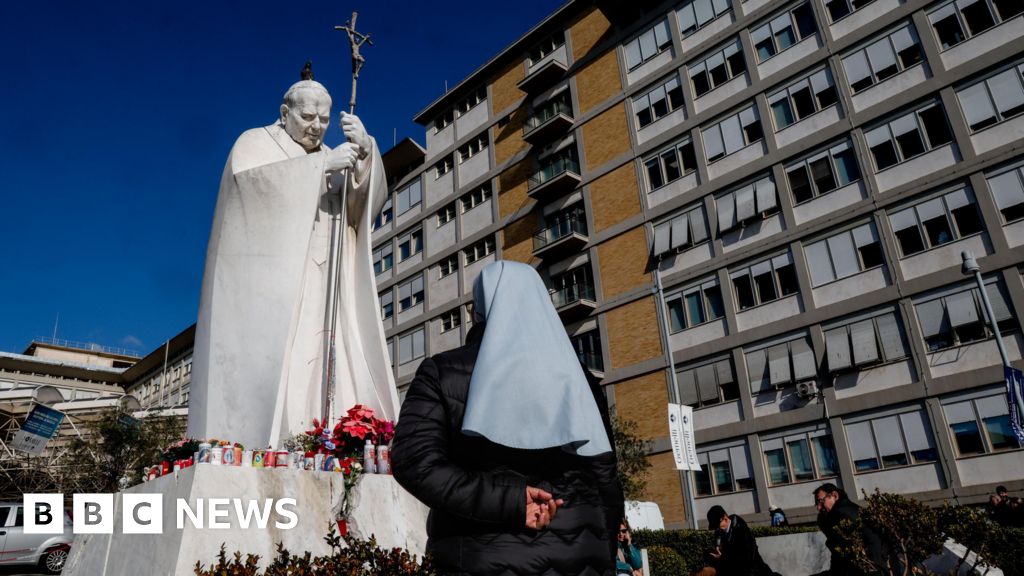
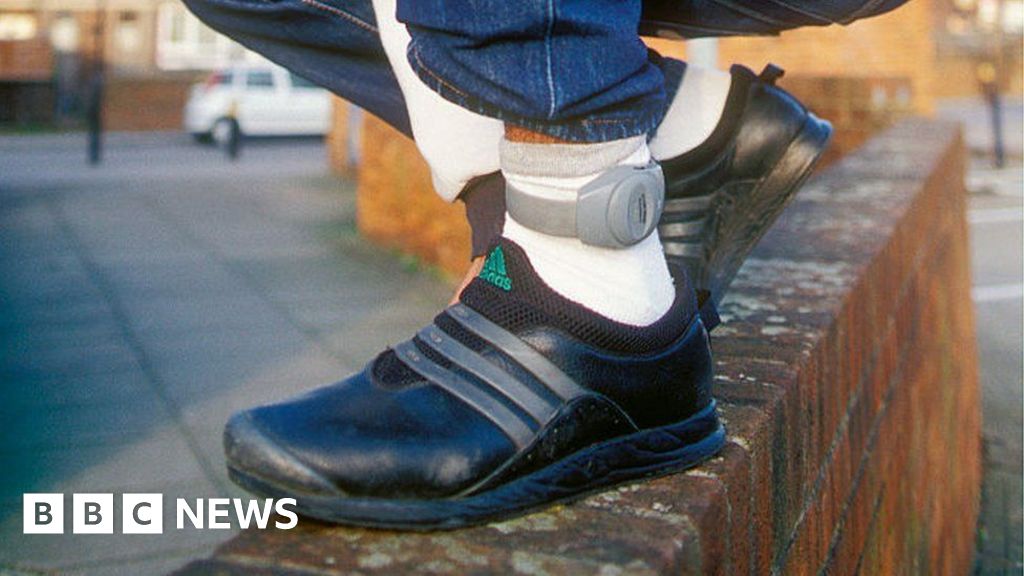







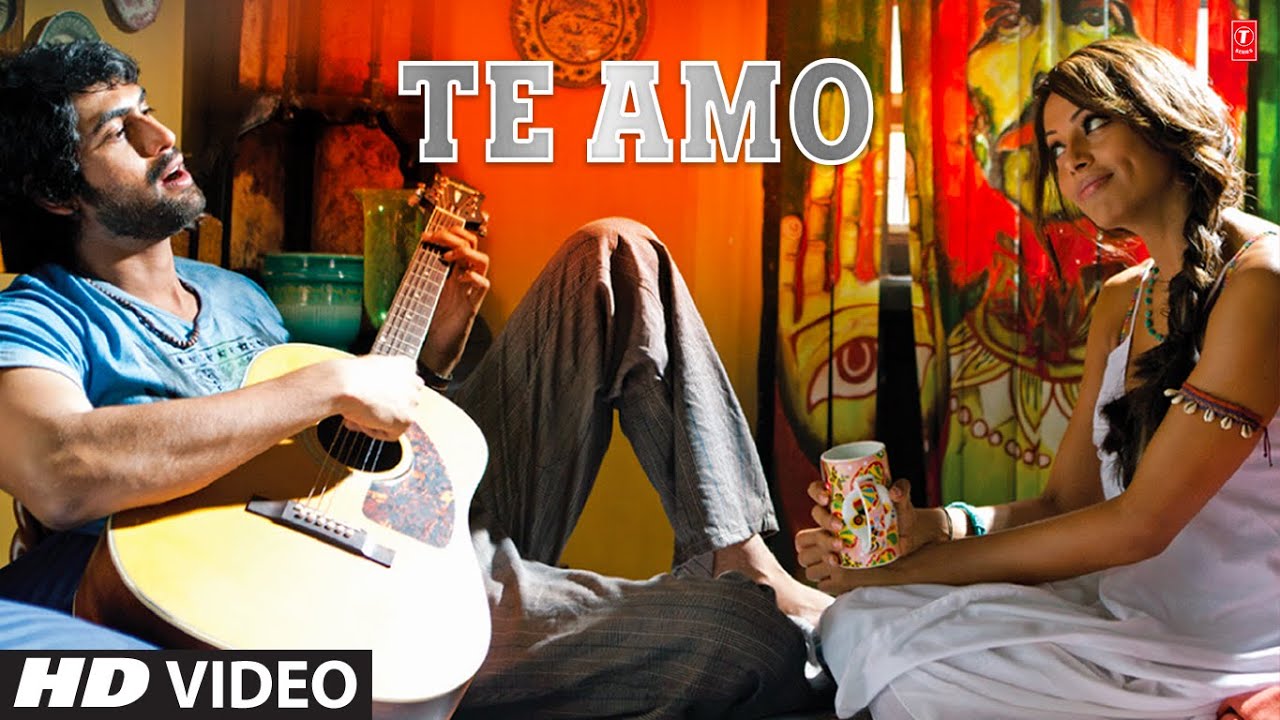
Leave a Reply